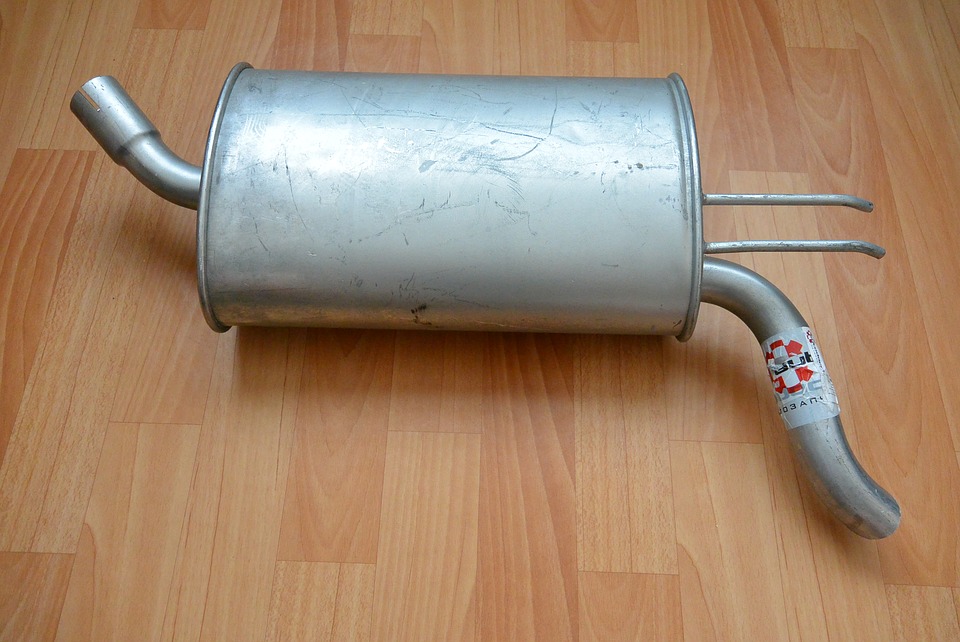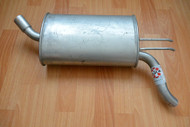Is Your Catalytic Converter Failing? Signs to Watch Out For
10th Dec 2018

Catalytic Converter
The catalytic converter is an important part of your vehicle's exhaust system. Found between the engine and tailpipe, it's responsible for converting some of the environmentally harmful exhaust gases into less-harmful gases. Catalytic converters contain a honeycomb design with various layers that automatically convert exhaust gases as they leave your vehicle's engine. If this component has failed, however, it won't be able to perform this task. So, how do you know if your vehicle's catalytic convert has gone bad?
Check Engine Light
If your vehicle's check engine light (CEL) has turned on, it could be a sign of a bad catalytic converter. Your vehicle's Engine Control Unit (ECU) contains sensors that monitor the performance of various components and systems, including the catalytic converter. Specifically, the P0420 is triggered when the catalyst system performs below threshold. This may be caused by a bad O2 sensor, though it could be also be caused by a failing catalytic converter.
Misfiring Engine
Even if your vehicle's CEL light isn't on, you may experience engine misfiring if the catalytic converter is bad. Misfiring can occur for any number of reasons. However, it's often attributed to a rich-running engine, meaning the engine consumes a high ratio of fuel to air. When excess fuel enters the engine's combustion chamber, not all of it will burn. Some if it will pass as liquid into the exhaust system where it enters the catalytic converter. But catalytic converters aren't designed to accommodate liquid fuel. The high heat of your car's exhaust system can cause the liquid fuel to melt within the catalytic converter, essentially damaging or destroying this exhaust component.
Poor Fuel Economy
Poor fuel economy is another possible sign of a failing catalytic converter. Again, this is associated with lean-running engines. If your engine consumes an excessive amount of fuel, you'll have to fill up your car more frequently at the pump. At the same time, this stresses the catalytic converter by exposing it to liquid fuel. Keep an eye on your car's fuel consumption, and if it's consuming more fuel than usual, consider having the catalytic converter inspected.
Rattling Sound
Do you hear a rattling sound when driving? This is yet another sign of a failing catalytic converter. This occurs when the internal honeycomb structure of the catalytic converter has broken apart. The small pieces of the structure essentially get knocked loose, causing a distinct rattling sound when driving.

